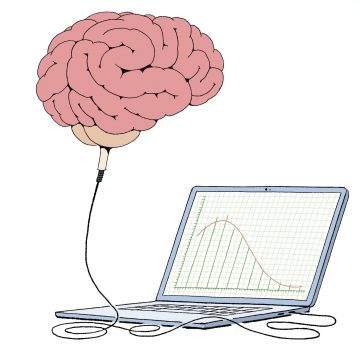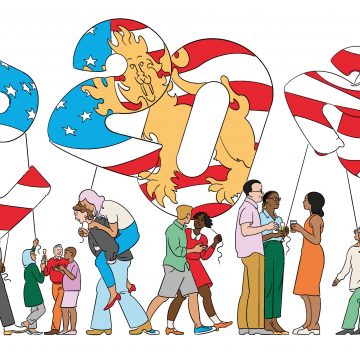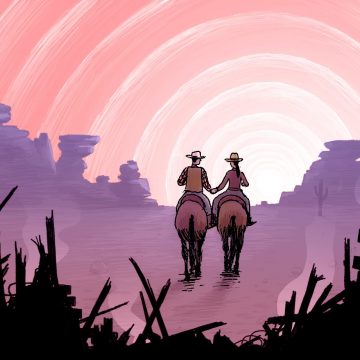Campendium: Lent Term 2022
Philanthropy
Dear World… we did it. Cambridge campaign delivers lasting impact
The ‘Dear World… Yours, Cambridge’ campaign has delivered incredible impact across the Collegiate University, from bursaries, scholarships and new academic posts to new institutes and centres and funding for capital infrastructure.
A few examples: 30 students have so far received bursaries created by the Get In Cambridge campaign, while an extraordinary gift from David and Claudia Harding enabled the Harding Scholars Programme, which now supports 78 students from 30 countries. Planning for the ground-breaking new Cambridge Children’s Hospital is well under way, with the campaign board continuing to attract new members and the first seven-figure gift having been secured.
And Cambridge Zero has recently received funding from the Natural Environment Research Council and Quadrature Climate Foundation. Together, they will fund a new Centre for Landscape Regeneration at Cambridge. This will focus on regeneration of the British countryside with nature-based landscape management solutions and will aim to tackle environmental threats to home-grown produce, reduce carbon emissions, secure water resources, manage flood risk, enrich biodiversity and improve resilience.
“These funds ensure that Cambridge continues to provide the very best teaching and research, and to attract and nurture the world’s brightest minds,” says Vice-Chancellor Stephen Toope. “Reaching this impressive £2 billion fundraising milestone ahead of schedule would not have been possible without the hard work of the entire Cambridge advancement community, countless academic partners and volunteers. Thank you to everyone across Collegiate Cambridge who has helped make this happen.”
The campaign continues until the end of July.
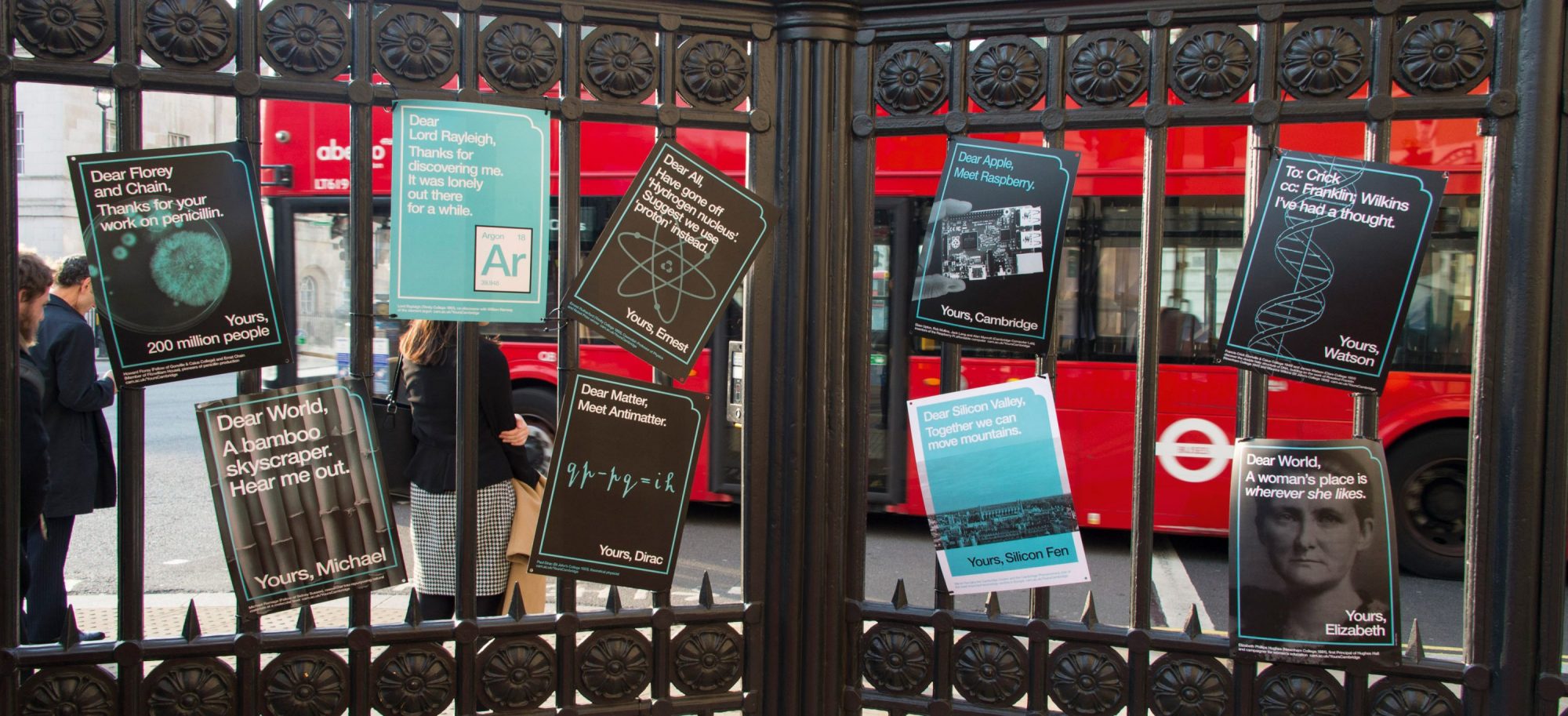
Big number
10.5m acres of land that explorer William Clark planned to steal, as revealed by a newly decoded map
Cambridge researchers’ analysis of Nature’s Calendar
Climate change is causing UK plants to flower a month early, a change that could have profound consequences for wildlife, agriculture and gardeners. Professor Ulf Büntgen and his team from the Department of Geography analysed flowering dates using Nature’s Calendar – observations maintained by the Woodland Trust which go back to 1753 – and collated them with instrumental temperature measurements.
Deconstructed
Life-changing app will help to regulate insulin for children with type 1 diabetes
The CamAPS FX app, developed by Cambridge researchers, helps to ensure that very young children with type 1 diabetes get the right amount of insulin.
These children have unpredictable eating patterns and respond differently to treatment, so are more at risk of low or high blood sugar levels.
When the app is combined with a glucose monitor and insulin pump, it acts as an artificial pancreas, adjusting the amount of insulin it delivers.
A new study has found that it is both safe to use and more effective at managing young children’s blood sugar levels than current technology.
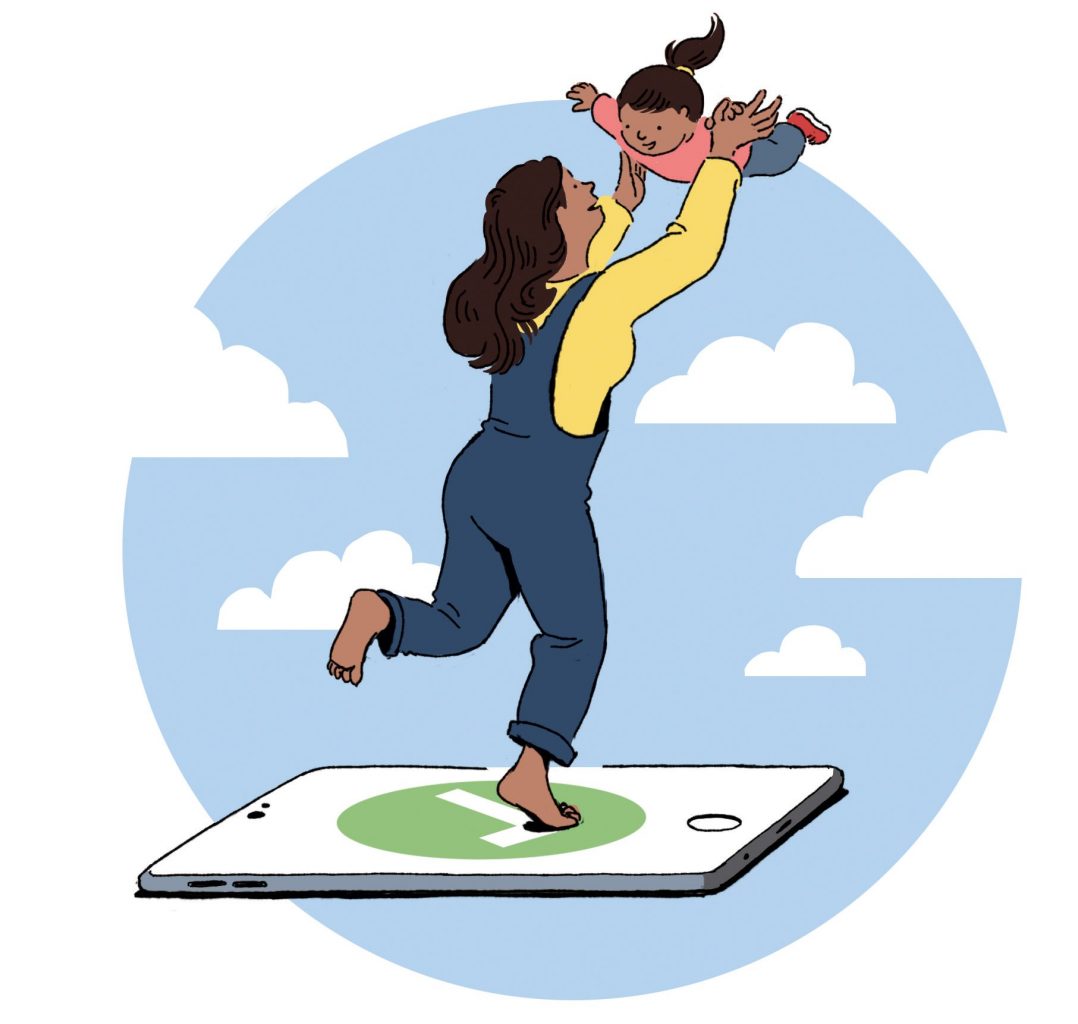
Three-minute Tripos
Unique super jelly opens new chapter in high-performance soft materials. Discuss, with movement.
Wibble wobble, wibble wobble, super jelly on a plate.
Are you regressing?
Not at all. I’m celebrating a new age of jelly. Forget its old, custard-y, children-only reputation. This is the age of… indestructible super jelly!
That sounds like it would be a really bad thing to have at children’s parties. For many reasons.
I disagree. It looks and feels like squishy jelly, but acts like an ultrahard, shatterproof glass when it’s compressed. It would be terrific fun.
But how does it work?
The team who created the jelly in Professor Oren A Scherman’s lab used barrel-shaped molecules called cucurbiturils to create a new kind of hydrogel. Hydrogel is a material which is stretchy and tough and can heal itself, but which can’t be compressed without getting crushed. Until now!
Blimey. So, you could just challenge the kids to crush it, then come back a few hours later.
Super jelly can withstand the equivalent of an elephant standing on it or being run over by a car. It can completely recover its original shape.
Plus, it wouldn’t stain the ceiling if the birthday girl decides to see how far she can throw it. I like that.
Sadly, birthday parties were not front of mind during this project. The researchers intend it for decidedly serious uses such as soft robotics, bioelectronics or even cartilage replacement. Making something to chuck at parties wasn’t on the agenda.
We clearly need a new song, in that case. Wibble wobble, wibble wobble, isn’t super jelly, with significant resistance to compression, great?
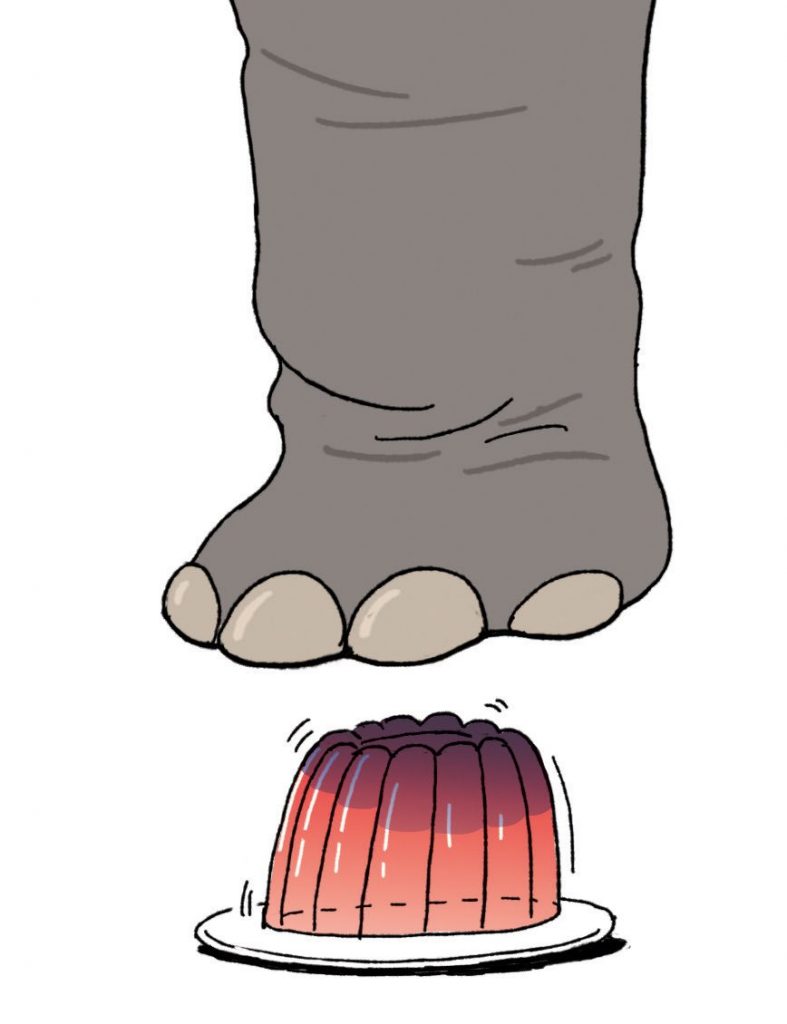
Artificial intelligence
AI research puts focus on core human values
Artificial intelligence is transforming society, but its unintended social consequences are just starting to become clear: algorithms on social media promote misinformation that erodes faith in democracies, for example, and facial recognition software that claims to identify so-called criminal faces could enable racial profiling.
Now, researchers at the Leverhulme Centre for the Future of Intelligence (LCFI) have been awarded almost €2m from German philanthropic foundation Stiftung Mercator to build a better understanding of how AI can undermine core human values. The grant will allow LCFI and its partners to work with the AI industry to develop anti-discriminatory design principles that put ethics at the heart of technological progress. “Currently our ideas of AI around the world are conjured by Hollywood and a small rich elite,” says Dr Kanta Dihal, who will co-lead the project.
“No one currently knows what the impact of these new systems will be on core values, or what measures will help address such threats,” says Dr Stephen Cave, Director of LCFI. “Understanding the potential impact of algorithms on human dignity will mean going beyond the code and drawing on lessons from history and political science.”

In brief
New Year’s Honours
The 2022 New Year’s Honours recognised Cambridge academics and administrators for excellence in fields ranging from Education to Classics.
Emeritus Professor James Diggle received a CBE for services to classical scholarship. He was Professor of Greek and Latin from 1995 until his retirement in 2011.
Lynne McClure, Director of Cambridge Mathematics, received an OBE for Services to Education, while Professor Pauline Rose, Professor of International Education and Director of Research for the Equitable Access and Learning Centre in the Faculty of Education, was awarded an OBE for services to international girls’ education.
Policy and industry were also recognised: Professor Lorand Bartels, Professor of International Law in the Faculty of Law and a Fellow of Trinity Hall, received an MBE for services to UK trade policy. While Dr Robert Bud, Affiliated Scholar, Department of History and Philosophy of Science, was awarded an MBE for services to the Science Museum and northern industrial heritage.

